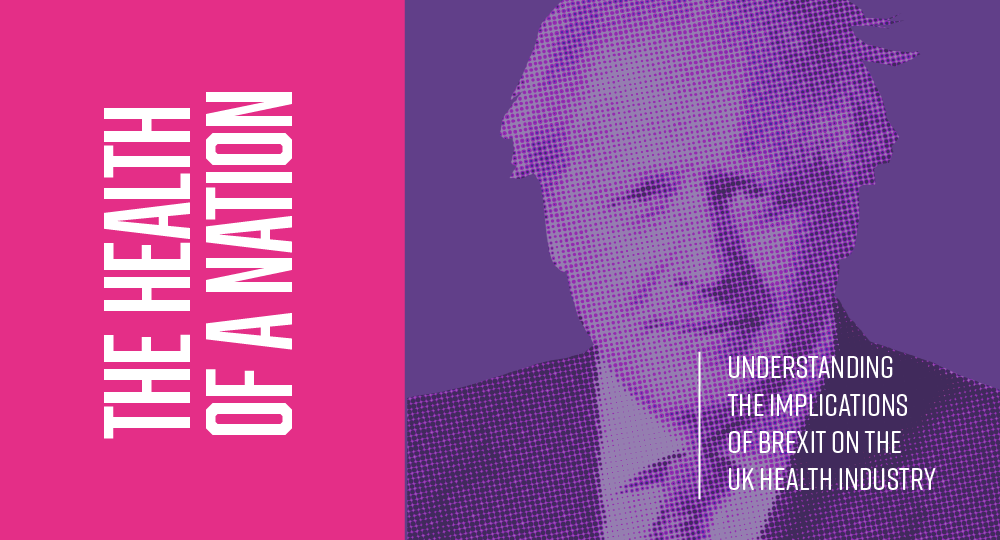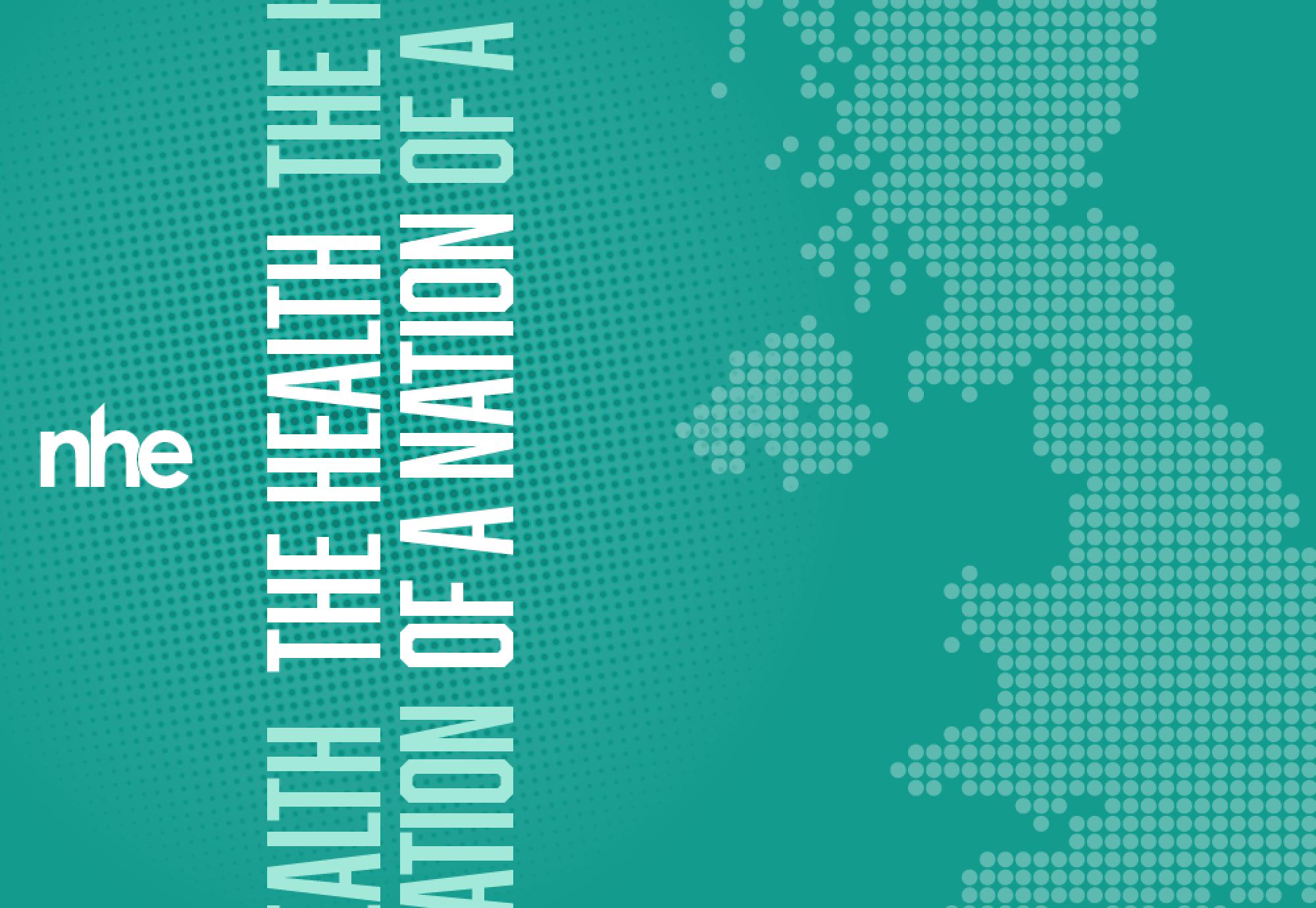There are 28 days to go until the UK officially departs the European Union. Negotiations around a deal are deep into the eleventh hour. Lord David Frost and his EU counterpart Michel Barnier remain locked at loggerheads on a number of issues amid talks in London.
The prospect of a ‘no-deal Brexit’ continues to look increasingly likely.
Back in October, the Prime Minister told the nation to prepare for a no-deal scenario – sometimes referred to as a ‘World Trade Organisation deal’ or ‘Australia deal’. It would, in essence, mean the UK left the EU with none or very few additionally agreed trading rules above the standard practices for any sovereign nation or organisation trading with another.
But what would be the implications of a no-deal Brexit on the NHS and wider UK health and care sector?
Most simply put, it would create significant uncertainty in the immediate months. Particularly given the lateness of ongoing discussions, should no deal be reached between negotiators then huge volumes of legislation would need to be passed prior to and in the immediate months following the UK withdrawal.
Some of this will have to occur even with a deal, and it’s an eventuality those involved in UK health legislature are acutely aware of and already well under way preparing for, but it still stands as an inconvenient burden to shoulder in the early months of the post-transition period.
There will have to be significant efforts made to pass legislation around and offer clarity for those involved in health around impacts to workforce, financing, medical products and supply, information sharing, service delivery and leadership and governance, just to name a few.
Over the next few weeks, as the UK approaches the January 1, 2021 date and as the country’s position becomes more apparent, the team here at NHE will be delving into the details and bringing you information and reflection around how it will impact the health sector as part of our Brexit Resource Hub.
And to summarise the situation at present: The UK left the European Union officially on January 31, 2020 but, to give leaders the necessary time to negotiate a deal for afterwards, there was an 11-month transition period agreed. This is the period we’re now approaching the end of, with a wealth of discussions having already happened, but with no firm, finalised deal yet agreed due to a few remaining sticking points between the UK and EU negotiators.
These negotiators, led on the UK front by Lord Frost and by French politician Michel Barnier for their EU counterparts, have until December 31, 2020 to agree a trade deal, as well as other remaining holdouts such as fishing rights.
Regardless of whether a deal is met or not with the EU, we will see changes. However, should a no-deal scenario be realised, these changes are expected to be more significant, including border checks and taxes introduced for goods travelling between the UK and EU countries.
And for the health sector, there will be huge impacts felt too. For one, the recruitment and retention of EU staff working within the NHS will significantly change. Once the country departs the EU definitively on January 1, there will no longer be the same levels of free movement and employment between European nations in the EU and the UK; something which, as the fifth largest employers in the world, the NHS will feel particularly, employing some 1.3 million people in England alone.
And it’s not to say that those from the EU would no longer be able to come and work in the UK. Brexit, whether with or without a deal, isn’t a case of closing the country’s borders.
Instead, it would mean these prospective EU employees would undergo the same visa and employment processes as those from other parts of the world. For some job roles, particularly more senior ones, there wouldn’t be as much disruption in this flow of workers.
However, equally, there could be new questions posed around qualifications – particularly medical – and the standard ascribed to them. Under EU freedom of movement regulations, the UK treated respective qualifications from EU member states as equivocal, and vice versa. Post-Brexit, that is no longer required and may see the UK health legislators rule against some qualifications being equal or sufficient to practice in the UK.
From a patient point of view too, there will be notable changes.
Existing reciprocal healthcare agreements with EU countries will also cease to be in effect, impacting how both treatments abroad and the NHS treatment of foreign visitors from the EU would be carried out and billed. While the patient themselves wouldn’t necessarily feel the impact of changes instantly, it could well have knock-on effects on what NHS-funded care is available or what treatments would be covered in health insurance policies.
Regardless of the outcome of the crunch talks between Lord Frost and Mr Barnier’s teams in the coming days, change will be felt from January 1, 2021 onwards. The health and care sector won’t escape those changes either, so it is important that people remain as informed as possible.
Read more about Brexit and it's impacts on healthcare through our dedicated Brexit Resource Hub:




















